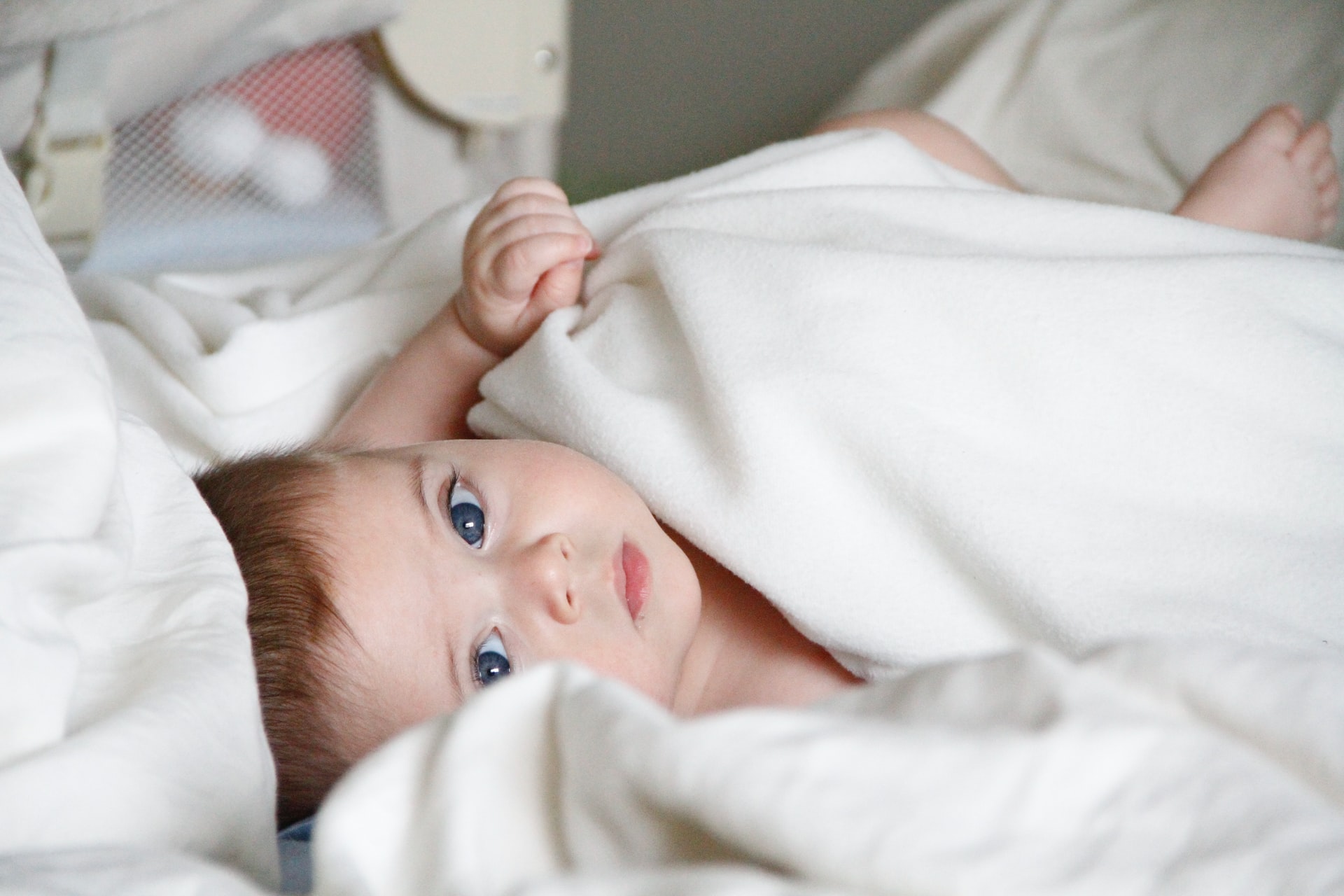Why Babies & Toddlers Need Iron
During the first year of your baby’s life, she needs several essential nutrients to help her thrive and grow. Iron is one of the most important nutrients your child will need during her first few years of childhood. If you breastfeed your baby, you will need to supplement her diet with iron. Other infant vitamins to ask your pediatrician about include Vitamin K, Vitamin D and Vitamin B12. There are lots of options for infant supplements that contain iron and other vital nutrients. Here are the reasons why iron is so important to your baby or toddler.
Iron and Hemoglobin
Iron’s main role in the body is to transport oxygen. It plays an essential role in the body’s red blood cells, which take oxygen from the lungs to the rest of the body. Iron is vital to the body’s hemoglobin production, which makes up some of the red blood cell’s structure. If the body doesn’t have enough iron, it won’t make enough red blood cells, which could cause lower oxygen levels in the body. Supplements like Wellements multivitamin can give babies and toddlers the iron that they need.

Iron and Cell Health
Iron is also essential for having healthy cells, such as skin, hair and nail cells. Without enough iron, your baby’s skin won’t have that healthy glow. There is also a connection between getting enough iron and a faster wound healing time from cuts or abrasions. Additionally, iron deficiency may cause the hair to lose its shine and the texture to be dull. The cells of your baby’s nails may also be impacted by iron. An iron-rich diet may make nails stronger and healthier.
Babies at Risk
Some babies and toddlers are more at risk of developing iron deficiencies. It’s important for parents to work together with their pediatrician to make sure their child gets enough iron. Premature babies or those born with low birth weights may be more prone to developing iron deficiencies. Babies and toddlers with chronic health conditions are also at risk of showing iron-deficiency symptoms. Parents may also look to immune boosting foods for children who are at risk of developing problems with iron.
Iron-Deficiency Signs
Parents should be on the lookout for signs of iron-deficiency in their child. If your baby isn’t hitting her developmental milestones and isn’t gaining enough weight, that may be a sign of an iron issue. Poor appetite, behavioral problems and frequent illnesses may also be symptoms of iron-deficiency. Some other possible signs include cold hands and feet, pale skin, excessive sleepiness and rapid breathing. These symptoms may also point to other conditions, so it’s best to talk to your pediatrician for advice.
Iron-Rich Foods
Besides vitamin supplements, babies and toddlers can also get iron from a wholesome, complete diet of iron-rich foods. Babies over six months old can get a variety of iron-rich foods from meats, vegetables and whole grains. Some best options include iron-fortified cereals, pureed meat, mashed up beans and blended spinach.
For a happy, healthy child, it’s important to make sure your baby or toddler gets enough iron in her diet. Many parents supplement breastfeeding with an iron-rich vitamin drop designed for infants and toddlers.

